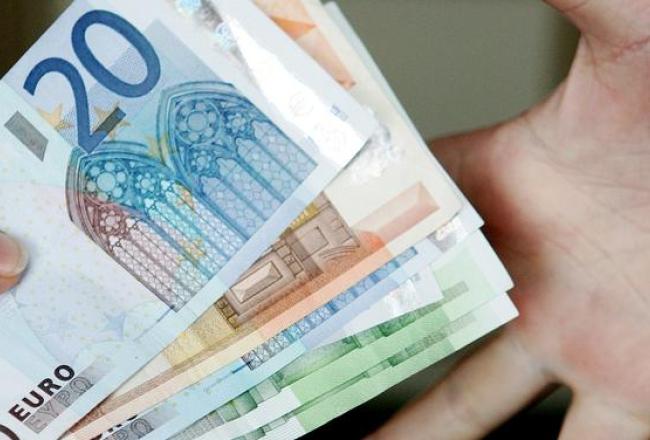
Foto: Tomass Urbelionis, F64/BFL
- that's what it seems to be to try to explain that Latvia will not experience hyperinflation when joining the Eurozone.
I have tried to argue for that nothing much should happen to prices on an earlier occasion but some news made me want to deal with the subject again.
Here is what I think is a quite typical statement, in this case from Germany's international broadcaster, Deutsche Welle:
She [a person being interviewed - read the full article here] is convinced that "prices will go up after joining the eurozone and it will be the ordinary people who will suffer again. And nobody can tell me that prices won't end up increasing," she worries.
It is one thing that some individuals think so but when it also seems to capture the media I am getting worried.
This is a copy-and-paste from BNS (Baltic News Service) 10 July 2013:














